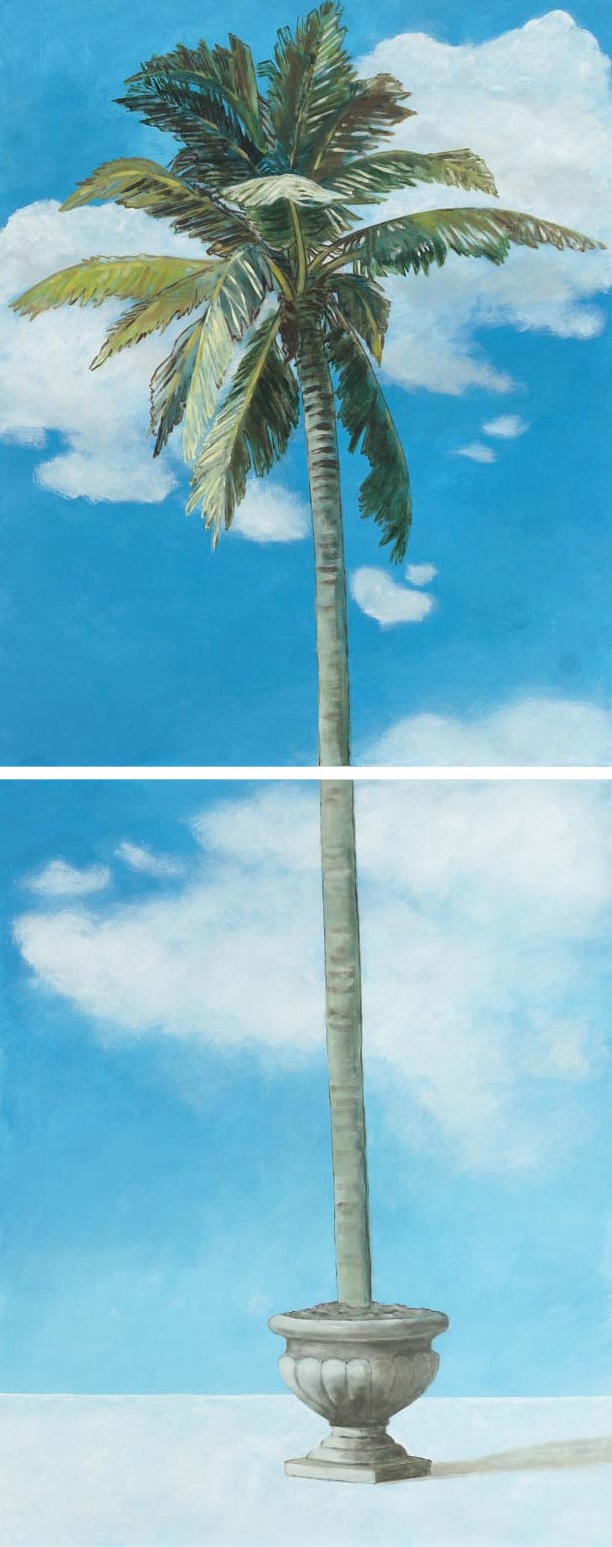An Artiture of Formerly Incarcerated Tongan Students in Community College
DOI:
https://doi.org/10.18432/ari29760Keywords:
formerly incarcerated, community college, Pacific Islander, juvenile hall,, portraiture, talanoaAbstract
This article is taken from my dissertation study that explored the lived experiences of three Tongan Americans, each of whom were incarcerated in juvenile hall and are now attending college as a part of a transition program into local community colleges. The study introduced a Tongan version of the school-prison nexus by highlighting the ways in which the education and the justice systems work to ignore the dual culture realities of Tongans living in the United States. Adopting and fusing Fa‘avae’s (2016) talanoa and Lawrence-Lightfoot and Davis’ (1997) portraiture methodologies, I co-created a new approach Artiture—in collaboration with Taniela Petelo, my cousin, a Tongan-based international artist—to explore the following question: What are the challenges Tongan students face when they attend college after being incarcerated in the juvenile justice system? Findings from this Artiture highlighted intersections of family, history, cultural obligations and expectations, and the impact on Tongan Americans who deal with what Vakalahi (2009) calls “dual culture” (pg. 1259).
Downloads
Published
How to Cite
Issue
Section
License
Copyright (c) 2024 Steven Petelo

This work is licensed under a Creative Commons Attribution-NonCommercial-NoDerivatives 4.0 International License.
Authors who publish with Art/Research International agree to the following terms:
a. Authors retain copyright and grant the journal right of first publication and the right to sublicense the Contribution, in the form in which it is published by the journal, to others under the terms and conditions of the of the Creative Commons Attribution-NonCommercial-NoDerivs (CC BY-NC-ND) that allows others to download the work and share the work with others with an acknowledgement of the work's authorship and initial publication in this journal, but they cannot change the work in any way or use any part of the work commercially.
b. Authors are able to enter into separate, additional contractual arrangements for the non-exclusive public distribution and display of the journal's published version of the work (e.g., post it to an institutional repository or publish it in a book), with an acknowledgement of its initial publication in this journal.
c. Authors are permitted and encouraged to post their work online (e.g., in institutional repositories or on their website) prior to and during the submission process, as it can lead to productive exchanges, as well as earlier and greater citation of published work (See The Effect of Open Access).
d. Authors wishing to include items (such as images or other media, or any creative works of others whether previously published or not) must contact the original copyright holder to obtain explicit permission to publish these items in Art/Research International. Writing permission should include: the title(s) of any copyrighted work, original place of publication if applicable, and an acknowledgement of having read Art/Research International's copyright notice. Authors are responsible for obtaining this permission and keeping it in their own records for later verification.



